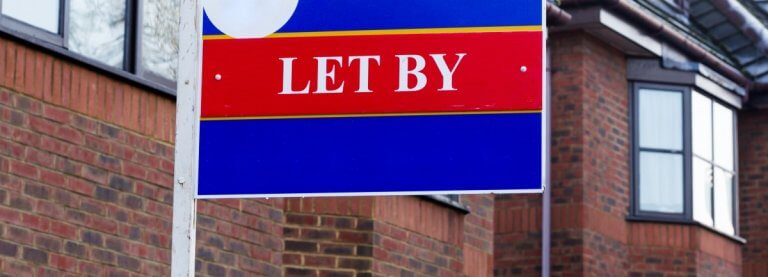
A significant number of private student halls in UK cities are owned by offshore companies, which are cashing in on this particular property market to the detriment of students, a recent investigation by The Guardian revealed.
These companies, based in places such as Jersey, Guernsey, the British Virgin Islands and Luxembourg, are accused of using students as “cash cows” for the sky-high rent they charge, as well as using complex arrangements to bypass the payment of taxes to the UK government.
Izzy Lenga, Vice-President for welfare at the National Union of Students said students are often left with no choice apart from renting rooms in “overpriced glass towers”.
“Overseas investors make billions of pounds building luxury apartments and charging sky-high rents for students. There is a cost of living crisis and finding good-quality affordable accommodation is a huge barrier for low- and middle-income students attending our world-leading institutions,” she said.
The investigation found that more than 20,000 students are renting rooms owned by these offshore companies, but estimates there could be more judging by the mushrooming of private halls in university towns over recent years.

A very lucrative market. Source: Shutterstock
By being offshore, these companies are found to be evading tax payments while still being able to charge students up to £14,000 a year in fees for the luxury housing they provide. With their holding structure, these overseas investors are able to sell the rooms without paying tax on their profits. Buildings can also be transferred without paying stamp duty to the government.
Analysing Land Registry data and company accounts, The Guardian’s investigation showed these offshore companies and funds own many student accommodation developments all over England and Wales, including in London, Exeter, Newcastle, Chester and Bristol.
In Newcastle, company owners of a student block were found to be based in foreign jurisdictions like Saudi Arabia, United Arab Emirates, Guernsey and the Isle of Man.
These investors paid around £100,000 for each room, while students were charged upwards of £135 a week to live there.
For the investor GSA, which partners a Singaporean wealth fund, their 13 buildings around UK are managed by the Student Housing Company. Separate Luxembourg companies own these 13 buildings, for which UK companies collect the rent.
These proceeds are then passed on to Luxembourg companies which charge high costs to manage the building. This, in turn, allows the firm to reduce the amount of tax it has to pay the UK government.

In Newcastle, company owners of a student block were found to be based in foreign jurisdictions like Saudi Arabia, United Arab Emirates, Guernsey and the Isle of Man. Source: Shutterstock
Other complex structures, involving large loans and charges, were also found to help investors cash in on the accommodation market to minimise the profits they pay tax on and to make gains on their sales without having to foot any bill by HM Revenue and Customs.
For example, one company only contributed £10,000 in income tax, despite collecting £2.2m in rental income in 2016. It paid £2.1m in charges, mostly to a Luxembourg based holding company.
John Mann, a Member of Parliament for the Labour party calls this a “disgrace” and urged Parliament to take action on these companies’ unfair tax practices.
Mann said: “Students are squeezed enough without paying high rents to offshore companies. It is a disgrace that offshore companies are maximising their gain from UK students whilst minimising their tax liability here.
“That this is perfectly legal demonstrates exactly why parliament needs to thoroughly examine issues of tax avoidance, evasion and offshoring.”
Liked this? Then you’ll love these…
The pros and cons of ‘homestay’ student accommodation
Student accommodation in Australia – everything you need to know







